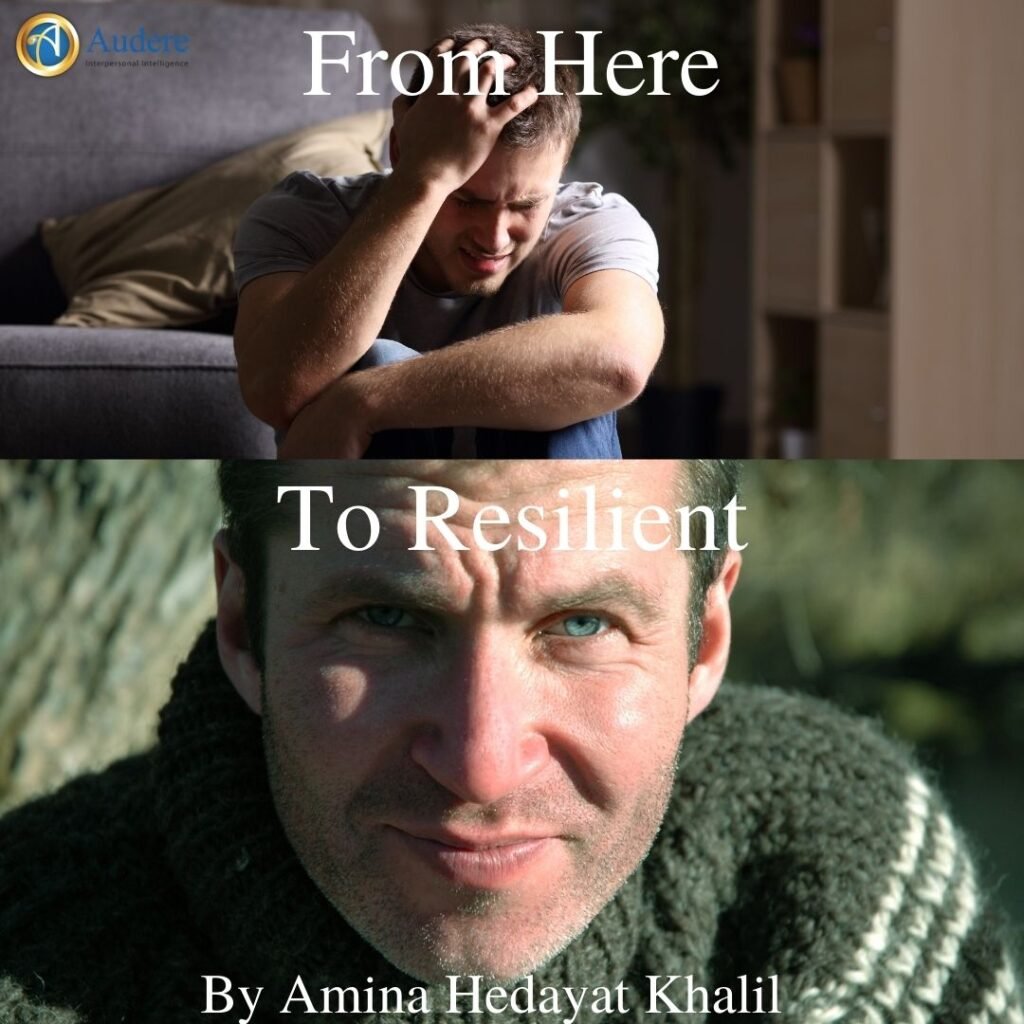For many years, I’ve regarded courage as an essential element to tap into when entering new, unfamiliar territory. No doubt I acquired my understanding of courage from stories about fictional super heroes and real life heroes, such as the courageous man who went down into a well to save a fallen child or the lifeguard who risked her life to save a swimmer in peril.
My learning about my courage came early in life. As a child in Egypt, I experienced two wars (one in 1967, another in 1973). . Traumatized by the experience, I often slipped into bouts of panic attacks. Eventually, I tapped into my inner courage, transforming the energy of fear into strength. Instead of ruminating on the past, I projected my thoughts onto the future. Future thinking gave me the courage to speak out, voice my opinions, and to give workshops on how to change from within. This reassessment was the cornerstone of my own resiliency.
Make no mistake, courage is an extremely important component of resiliency. When faced with adversity, calamities, conflicts, or anything that affects us emotionally, mentally, financially, physically, and spiritually, we need to tap into our inner courage in order to bounce back to our original state. And when we do this, we often bounce back much wiser and stronger than before.
Merriam-Webster dictionary defines courage as “mental or moral strength to venture, persevere, and withstand danger, fear, or difficulty.” Wikipedia tells us that courage “is the choice and willingness to confront agony, pain, danger, uncertainty, or intimidation. Physical courage is bravery in the face of physical pain, hardship, even death or threat of death, while moral courage is the ability to act rightly in the face of popular opposition, shame, scandal, discouragement, or personal loss.”
But here is the question: what would a person, who is building their own resiliency, do to become more courageous?
As a case study, consider the case of Jack. Jack is a single dad of four children who just lost his wife to cancer after two long years of chemo and surgeries. We know that Jack is drained physically, mentally, emotionally, financially, and spiritually. Jack is aware of his situation. He wonders how he is going to keep going without his soulmate by his side. How is he going to console his children and tend to their various needs? How is he going to deal with his work, their school, and their health and wellbeing all by himself? Does he have the courage necessary to take on this challenge and do what needs to be done?
Here is how his thought process can play a major role in summoning his inner courage:.
(Continue to read about his thought process in my published article on LinkedIN: https://www.linkedin.com/pulse/what-does-courage-have-do-resilience-amina/?trackingId=R5rjGb8pR%2FWNUKo9l%2Bhhtg%3D%3D )
Would love to hear you thoughts about this article.

